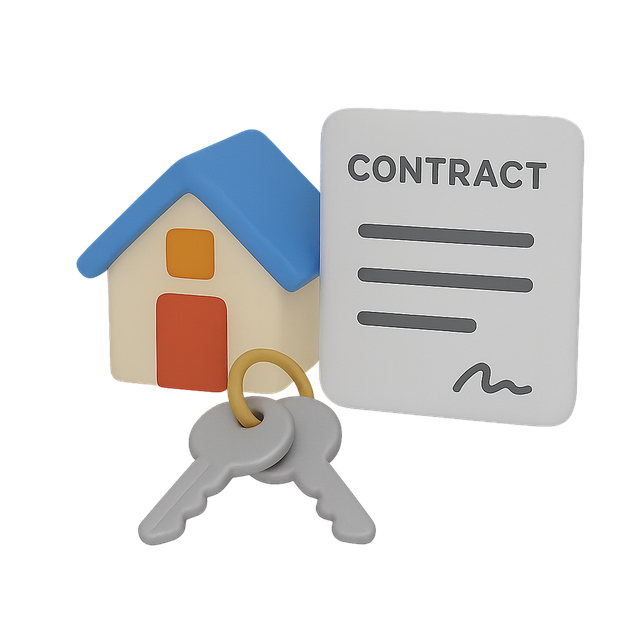A student lease guide is essential for navigating rental agreements during college. It explains key clauses like rent, deadlines, deposits, and maintenance responsibilities, empowering students to make informed decisions. Understanding rights and responsibilities, including safety, privacy, and communication, ensures a smooth living experience. Reviewing terms, seeking clarifications, and comparing offers helps secure favorable lease agreements using the student lease guide as a reference.
As students, navigating lease agreements can seem daunting. This comprehensive student lease guide breaks down complex concepts into manageable sections. From understanding basic lease terms and crucial clauses to recognizing your rights and responsibilities, this guide equips you with essential knowledge. Learn how to negotiate and review conditions effectively, ensuring a fair and protective agreement. By the end, you’ll be empowered to make informed decisions regarding your next living arrangement.
- Understanding Lease Agreements: Basics Explained
- Key Terms and Clauses You Need to Know
- Your Rights and Responsibilities as a Tenant
- Negotiating and Reviewing Lease Conditions
Understanding Lease Agreements: Basics Explained

Student lease guide is an essential tool for any college or university student looking to navigate the process of renting a property. Lease agreements are legal contracts between a landlord and tenant, outlining the terms and conditions of the rental period. Understanding these documents is crucial for ensuring you know your rights and responsibilities as a tenant.
In this student lease guide, we’ll break down the basics of lease agreements, including common clauses like rent amount, payment due dates, security deposits, maintenance responsibilities, and notice periods for moving out. Familiarizing yourself with these key elements will empower you to make informed decisions when signing a lease, ensuring a smooth rental experience throughout your academic journey.
Key Terms and Clauses You Need to Know

When navigating student lease agreements, understanding key terms and clauses is essential for any tenant. Familiarize yourself with concepts like rent amount, which clearly outlines the monetary obligation, and lease duration, determining when your tenancy begins and ends.
Pay close attention to clause on damage—this section specifies who is responsible for repairs and maintenance, protecting you from unexpected financial burdens. Also, the break clause allows flexibility in case of unforeseen circumstances; understand its conditions to avoid penalties. A comprehensive student lease guide should demystify these terms, empowering you with knowledge before signing any contract.
Your Rights and Responsibilities as a Tenant

As a tenant, understanding your rights and responsibilities is crucial in the student lease guide. When signing a lease agreement, you gain certain protections while also taking on duties to ensure a smooth living experience. One of your key rights is to live in a safe and habitable environment. This means the property should be maintained in good condition, free from hazards, and meet basic standards for comfort and safety. You have the right to privacy, too, with clear expectations about access from landlords or property managers.
Your responsibilities include paying rent on time, adhering to any given rules or policies (like a pet policy or smoking restrictions), and keeping the property clean and in good condition. It’s important to also maintain respectful interactions with neighbors and abide by local tenancy laws. Proactive communication with your landlord is essential; reporting any issues promptly ensures they’re addressed promptly. This student lease guide highlights these rights and responsibilities, empowering tenants to make informed decisions.
Negotiating and Reviewing Lease Conditions

When negotiating your student lease, it’s crucial to have a comprehensive understanding of the conditions and terms. As part of your student lease guide, review each clause carefully, especially those related to rent amount, payment deadlines, and duration of stay. Don’t be afraid to ask questions or seek clarification from the landlord or property manager.
A key aspect is ensuring transparency and fairness. Compare offers from different properties if possible, as this can give you leverage during negotiations. Remember, knowing your rights and understanding the market value of student accommodation are essential steps in securing a favorable lease agreement.






